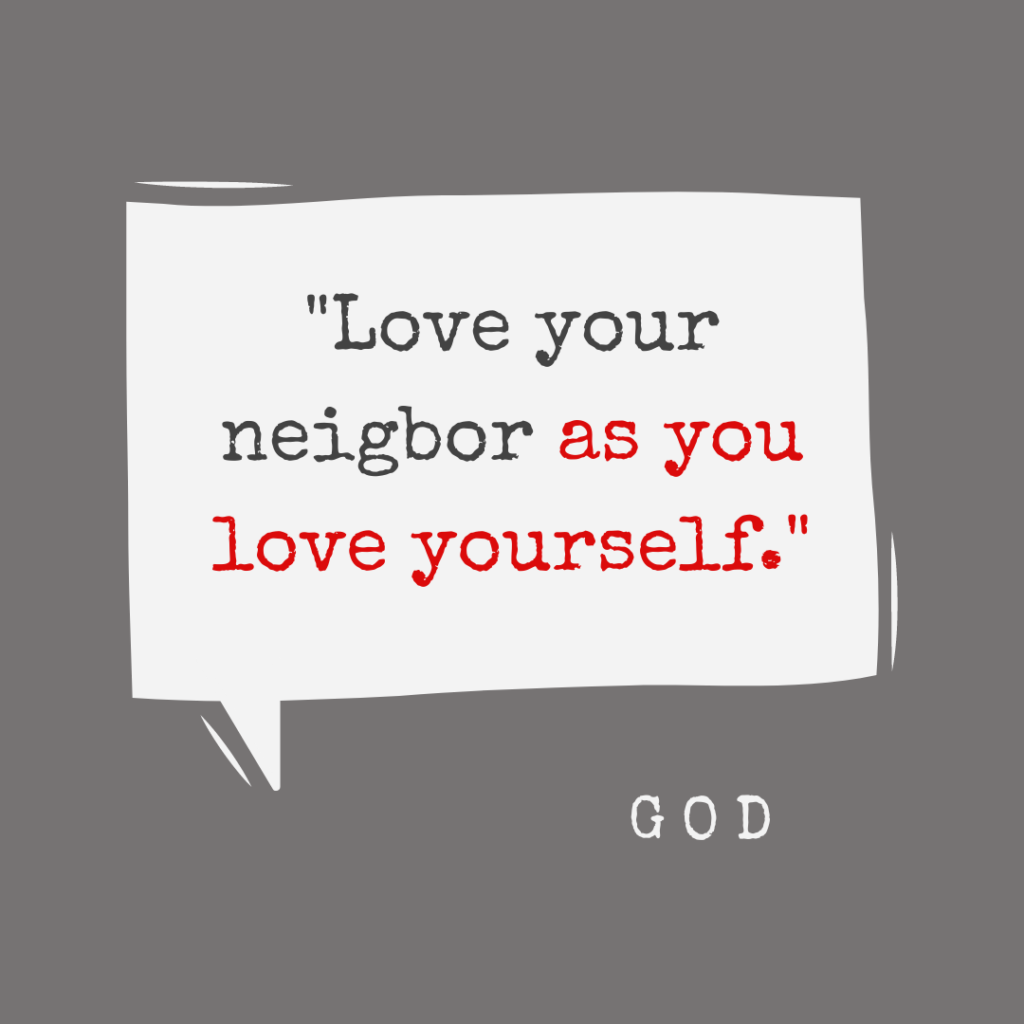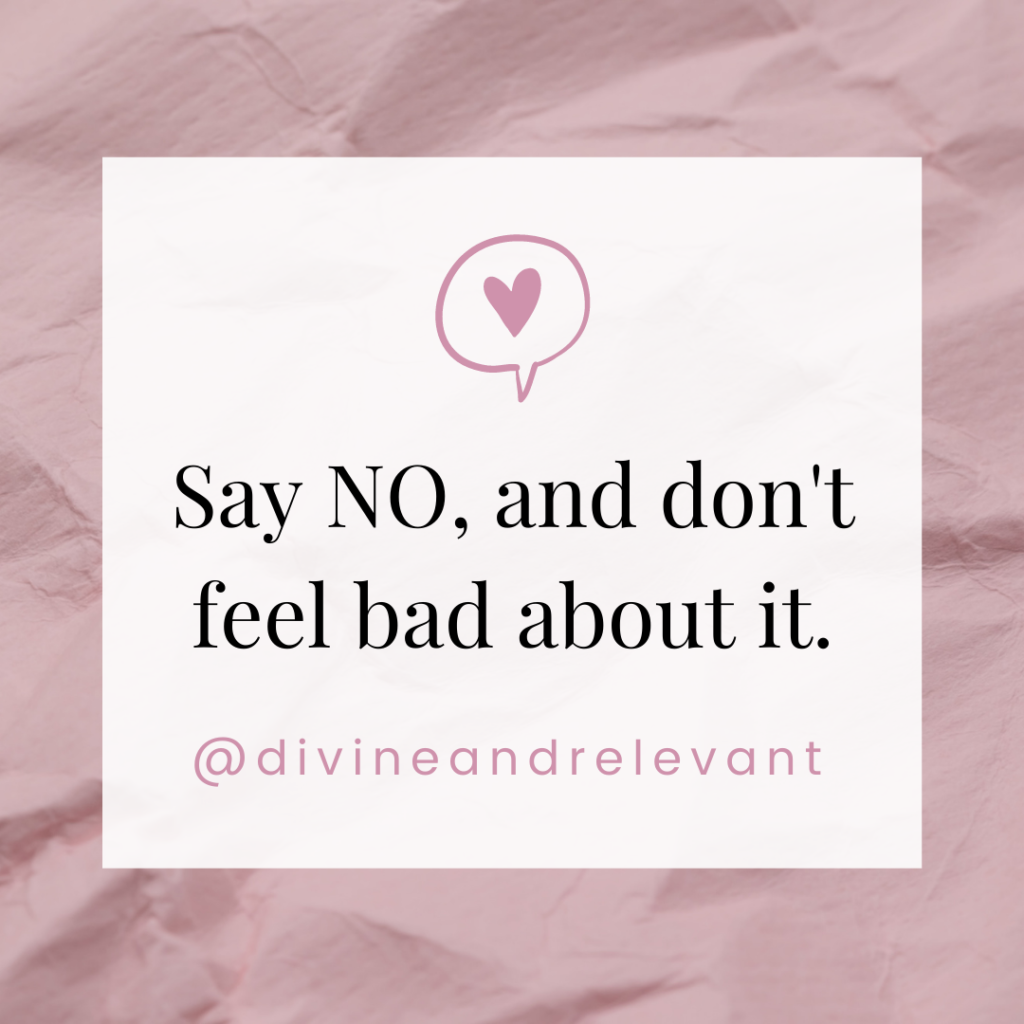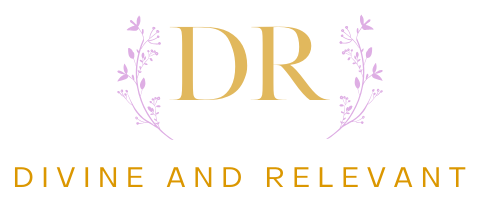Are you familiar with the catch phrases “self-care is the best care,” and “in order to care for others, you must first take care of yourself?” Just as we tend to our responsibilities, these sayings remind us to prioritize and nurture our wellbeing with the same level of fervency. Just as self neglect depletes vitality from a person’s life, self-care improves one’s quality of life by counteracting the constant cycle of stress, chronic pain, mental disturbances and other homeostatic imbalances.
Too often we’re consumed with going through the motions of life, allowing the hustle-and-bustle of our schedule to deplete our time, energy, physical health and mental capacity.

Now I could list a myriad of activities that are associted with self-care, but the last thing that you need is another task to check off your never-ending to-do list, right? In fact, loading your schedule with more things to do opposes the intention of self-care. Absent of all activities, the most effective self-care routine consists of two things:
1) Discover your identity.
2) Create a suitable lifestyle that preserves your overall health.
Discover Your Identity
Self-discovery is a beautiful lifelong journey that is essential for living a fulfilled life. This is YOUR personal journey in which no man has the power to control or alter–unless you allow them to do so. As you discover and embrace your identity, you will learn how to navigate through life according to your personality, strengths and weaknesses. If you’re unsure of where to begin, no worries! I’ve listed a few questions to get you started:

1.What do you like about yourself? This is a part of identifying your strengths and can include physical attributes, personality traits, etc.
2. Do you have a spiritual belief system? If so, define it. You should be able to articulate your spiritual belief system clearly and effectively as it is rooted within your subconscious.
3. What are the life principles that form your foundation? Along with your answer to question #2, these principles should also include your world views, political stance, and moral code.
4. What do you like to do? Include all interests and activities. These interests are usually linked to your life purpose.
5. What revitalizes you? These activities are the secondary components to self-care. For example, I like to recharge through exercise and being in nature, so I go to the park for a few miles of cardio.
6. Is your environment conducive to your personal growth? Home enviroment, relational enviroment, professional enviroment, etc.
7. What are your flaws? Don’t pick yourself apart to the point of condemnation, but be honest about the areas of your life that need some polishing.
8. What are your passions and how do you plan to pursue them? Your passions reveal your essence.
9. When you think of a healthy lifestyle, what is included in that vision? This can include traveling, more rest, time for hobbies, etc.
10. What is your dominant love language? Determining your love language reveals your strongest expression of receiving love and appreciation within friendships, business partnerships and romantic relationships.
11. What is your personality type? There are several personality tests, however I highly suggest the 16 Personality Myers Briggs test. INFJ, anyone?
12. Are you the most productive in the morning or evening, and how can you structure your life to accommodate this part of your nature? This is a huge game changer regarding lifestyle.
13. What do you need in order to reach a greater level of success? Include internal changes and external resources.
14. What are your deepest desires? These are desires that you don’t often share with anyone—if at all.
15. Using 3-5 words, describe your life values.

Self-Preservation
At the end of 2018, I was in an accident where I sustained a few injuries. Though these injuries were minor, they caused moderate to severe levels of pain for several months. In order to properly heal, my doctor advised me to temporarily adjust my personal and professional routines until the pain levels occurred intermittently; I complied to the doctor’s advice. As someone who likes socializing and is known for being the empathetic friend, decreasing my physical activity and emotional output played a huge role in my recovery. Most of my friends and relatives were very supportive. There were a few people with whom this change didn’t register as they expected me to be as available to them despite my sudden need for more downtime. If I couldn’t be there for them (whether physically or emotionally), they would hold it against me or find a way to make a mockery of my recovery time when we conversed.
Those reactions indicated that I needed to establish healthy boundaries with everyone in my life….I needed to learn how to say no and not feel bad about it.
If you’re empathetic just as I am, saying no without the guilty feelings is not always an easy feat! However, it became second nature over time and I still remind myself that it’s okay to retrieve during those moments when I’m on the verge of being overextended.
As a disclaimer, forming healthy boundaries may cause certain relationships to drastically change or completely end. The most profound relationship that will change is the one that you have with yourself, which is the ultimate intention of self-care. Creating healthy boundaries is a process that takes time to develop, so allow yourself the grace and patience to work out the kinks. Note that it may take longer or present itself with more obstacles if you’re developing this new lifestyle while juggling marital and/ or parental responsibilities.

When you start to establish healthy boundaries, the process is likened unto separating the wheat from the tare. The process will expose friends and relatives who genuinely love you as well as the ones who love you according to what they can get from you with little to no reciprocity. In fact, the selfish ones will separate themselves from you and pursue a new supply of energy to drain! This trait can be associated with narcissism, but we’ll discuss this later (stay tuned). Don’t get upset or attempt to reel them back into your life… let those vultures go! Here are other ways to preserve yourself through establishing healthy boundaries:
-Make your self-care routine a priority, not an afterthought. The consistency of your self-care routine will develop into a lifestyle. Recognize when you’re feeling stressed and do something about it. That could mean taking deep breaths, sitting in a quiet room, hitting the gym or scheduling regular sessions with a certifed life coach and/or mental health therapist.
-Protect your peace of mind by eliminating drama from your life as much as possible. This can be done by limiting your interaction with the involved parties or completely removing yourself from the situation.
-No more overcommitting! If someone is asking you to do something that will cause you to become overwhelmed or to make an uncomfortable sacrifice (time with family, rest, etc.), then be honest with yourself about it and decline the task.
-You’re great, but you’re not God. Stop trying to be everything to everyone and don’t feel guilty for cutting off the things that are unnecessarily draining to your virtue. The world will not end because you don’t have time to give your cousin a ride to the other side of town during 5 o’clock traffic, or you couldn’t answer the phone for your ever-complaining friend so that she can fuss about her ill-mannered children. Say no, and don’t feel bad about it!
All things begin from within and manifest outwardly, which makes discovering your identity and self-preservation the most effective ways to creating a self-care routine. As you embrace your inner self and use your time and resources in a wise manner, your self-care routine will organically develop over the span of your lifetime. The above information is not to be used as an excuse for selfish behavior or to shut out the world. This is a tool intended to be used as a guide on how to love others while loving yourself (Mark 12:31A). Feel free to share your self-care routine tips, love language quiz results, and personality test results in the comments section!

